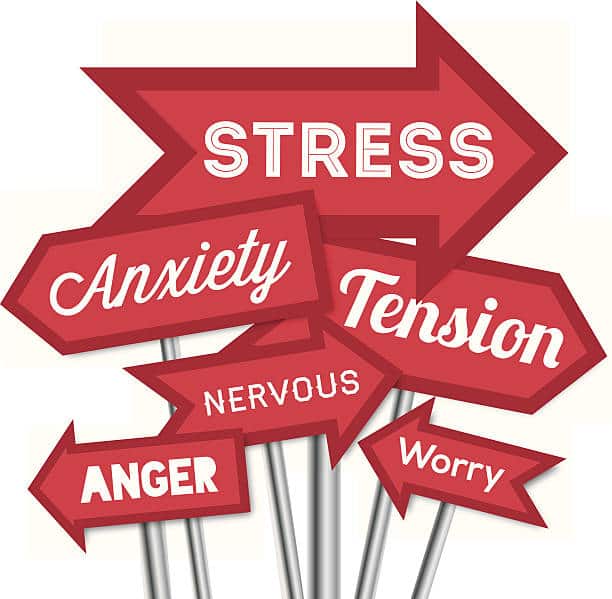
Therapy’s scientific underpinnings are extensive and well-documented, with research drawn from neuroscience, psychology, and medicine contributing to its development and continual refinement. At the heart of therapeutic effectiveness is the interplay between cognitive processes and neurobiological responses. Techniques used in therapy, such as cognitive restructuring in Cognitive Behavioral Therapy (CBT), are designed to alter brain activity, specifically in regions associated with emotional regulation and perception. Such changes can reduce symptoms of mental health disorders by altering the neural pathways that govern our emotional responses and thought patterns. Furthermore, therapy engages the body’s physiological mechanisms, such as the autonomic nervous system, which can help manage the physical symptoms of anxiety and depression. By integrating scientific understanding with empathetic human interaction, therapy not only supports mental and emotional healing but also initiates a cascade of biological processes that aid in long-term health and stability, reinforcing its role as a comprehensive treatment modality.
Understanding the Brain’s Role on Therapy
The concept of brain plasticity is central to understanding why and how therapy, particularly Cognitive Behavioral Therapy (CBT), can effect profound changes in mental health. This plasticity allows the brain’s neural pathways to reform and adapt in response to new experiences, which is precisely what occurs during therapy sessions. Through consistent therapeutic practice, individuals can effectively rewire their brains to foster healthier thinking patterns and emotional responses. The repetitive nature of replacing negative thoughts with more rational, positive ones gradually strengthens new neural pathways and weakens old ones, making the healthier thought processes more automatic. Neuroimaging studies have corroborated these effects, showing visible changes in brain areas responsible for cognitive control and emotional regulation following CBT. These changes reflect improved control over mood and thought processes, affirming the potent, tangible impact of therapy on brain function and structure. Such insights highlight not only the adaptability of the human brain but also underscore the scientific validity of therapy as a powerful tool for personal transformation and healing.
The Biochemical Impact of Therapy

The biochemical impact of therapy on the body provides a compelling link between psychological interventions and physiological changes. When engaging in therapy, especially techniques that focus on managing and reducing stress, the body can begin to alter how it responds to stressors. Regular therapy sessions can lead to a sustained decrease in cortisol, commonly known as the stress hormone, which can lower the risk of chronic stress-related issues such as hypertension and heart disease. Concurrently, this treatment can enhance the production and regulation of neurotransmitters like serotonin and dopamine, crucial for mood stabilization and the enhancement of feelings of happiness and satisfaction. This elevation in positive neurotransmitters not only combats the symptoms of depression and anxiety but also contributes to overall neurological health, supporting cognitive functions and emotional resilience. Thus, this treatment offers a dual benefit: mitigating the immediate psychological distress and fostering long-term physiological well-being, demonstrating its comprehensive role in health maintenance and improvement.
Evidence-Based Practices
Evidence-based practices in therapy are grounded in a systematic approach that integrates clinical expertise with the best available empirical evidence from systematic research. This fusion ensures that therapeutic interventions are not only scientifically validated but also finely tuned to meet the unique needs of individual patients. For instance, the efficacy of Exposure Therapy, as demonstrated in numerous studies, underscores its value in treating anxiety-related disorders by gradually and repeatedly exposing individuals to their sources of fear in a controlled setting. This controlled exposure helps to diminish the power of the stimulus over time, a process known as habituation. Moreover, these practices are constantly refined and updated based on ongoing research, clinical feedback, and technological advancements, ensuring that therapeutic methods remain at the forefront of mental health treatment.
The Role of the Therapeutic Alliance

The therapeutic alliance is often considered the bedrock of successful therapy. This relationship goes beyond mere rapport, encompassing a deep, empathetic bond that facilitates genuine communication and trust. A strong alliance ensures that clients feel safe and understood, which is essential for them to open up and delve into sensitive, personal issues. Research underscores the pivotal role of this alliance, showing that the quality of the relationship can predict therapy outcomes more reliably than the specific therapeutic techniques employed. This relationship fosters an environment where clients are more likely to be engaged, motivated, and compliant with therapeutic interventions, all of which are critical for positive change. Furthermore, a strong therapeutic alliance can empower clients, enhancing their sense of agency and self-efficacy, which are crucial for sustained mental health improvements. Thus, while the mechanisms of therapy provide the tools for change, the therapeutic alliance offers the supportive context necessary for these tools to be effectively utilized.
Conclusion
The multifaceted approach of therapy, grounded in solid scientific principles, ensures that it can be effectively tailored to address a diverse spectrum of mental health conditions, from anxiety and depression to PTSD and beyond. By integrating techniques that influence the brain’s structure, alter biochemical pathways, and improve emotional and interpersonal functioning, therapy offers a holistic solution to mental health challenges. This scientific backing not only enhances the credibility of therapeutic interventions but also reassures individuals about the legitimacy and potential effectiveness of seeking professional help. For anyone on the fence about starting therapy, understanding these scientific aspects can demystify the process and highlight how targeted, professional intervention can lead to significant improvements in mental health and overall quality of life. If you’re ready to explore how therapy can benefit you or a loved one, visit us at beyondhealingcounseling.com or call us at 708-737-7968 for a consultation.



